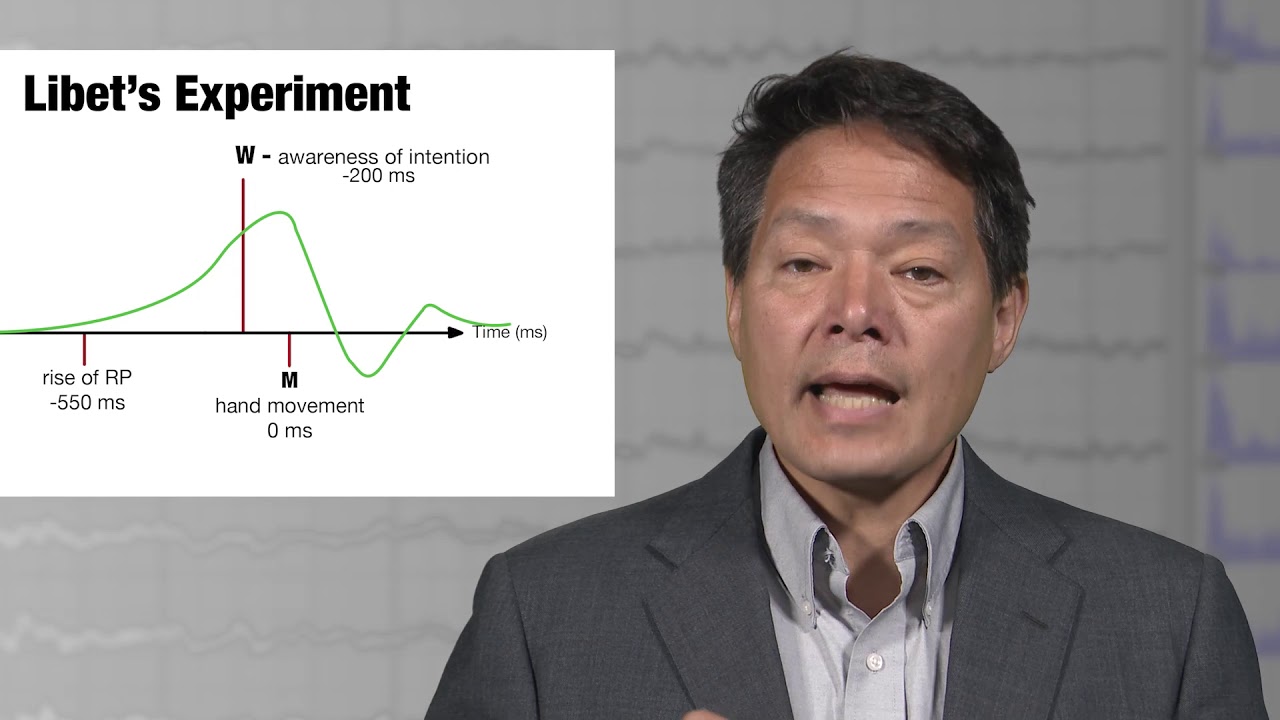3.1 The Libet Experiment
Unleash Your Creative Genius with MuseMind: Your AI-Powered Content Creation Copilot. Try now! 🚀
Imagine a world where every choice you make, every decision you take, is not the product of your free will but the result of unconscious processes that hijack your consciousness. It's a scenario that sends shivers down the spine of many, and it's precisely what some claim is supported by neuroscientific experiments. In this essay, we'll embark on an exciting journey through the world of neuroscience to unmask the illusion of free will. But hold onto your hats; we'll discover that the evidence isn't as solid as it may first appear.
The Libet Experiments: Peering into the Brain's Inner Workings
Our quest begins with the legendary Benjamin Libet and his groundbreaking experiments. Libet and his colleagues sought to explore the relationship between conscious choice and our actions. They focused on what we might call "proximal acts of willing," choices made in the immediate future, mere seconds from now.
In these experiments, subjects were asked to move their hands freely, without constraints. They were also instructed to report the moment they first felt an urge or intent to make a movement while watching a clock. The results were intriguing and puzzling.
Libet discovered that, on average, there was a noticeable delay between the onset of a brain event called the "readiness potential" and the conscious awareness of wanting to act. This potential is a slowly rising change in voltage, primarily located in the supplementary motor area of the brain, a region associated with motor planning. The readiness potential precedes conscious awareness by several hundred milliseconds.
When Brain Activity Takes the Lead
Now, here's the twist that had everyone buzzing with excitement. Libet's findings raised the possibility that our conscious will might not be the cause of our actions. Instead, it suggested that unconscious processes in the brain might be the actual instigators of our volitional movements. It's like feeling a sneeze coming on – you think you're deciding to sneeze, but the actual process has already been set in motion unconsciously.
The readiness potential, which precedes conscious intent, could be the real driver behind our actions. If everything is pre-determined by these unconscious processes, it leaves little room for our consciousness to exert control or make choices. In this scenario, our conscious decisions may be nothing more than a grand illusion.
A Deeper Dive: The Unanswered Questions
However, before we jump to conclusions and declare free will dead and buried, let's pause for a moment. The Libet experiments only delve into proximal acts of willing, those momentary decisions, like moving a finger during a trial. They don't address the more significant, distal acts of willing that involve planning future actions over minutes, hours, or even years.
In the grand scheme of things, distal acts of willing are where the real action takes place. We deliberate and imagine our future, making choices with profound consequences. It's in these moments that true free will might reside.
Libet's experiments might lead us to question the power of conscious choice when it comes to immediate actions, but they don't necessarily negate the idea of free will when it comes to complex, deliberate decisions. The issue remains open for debate, and the concept of free will still has room to breathe.
Beyond Libet: The Unfinished Puzzle of Free Will
Our exploration of the Libet experiments has unveiled some compelling questions about the nature of free will and consciousness. Still, there's more to the story. The readiness potential and its cousin, the lateralized readiness potential, are like pieces of a larger puzzle, and we haven't quite figured out how they fit into the grand scheme of free will.
In the next section of our journey, we'll delve into the Wagner experiments and take a closer look at the broader implications of these findings. Are we truly devoid of free will, or is there more to the story? Join us as we continue to unravel the mystery of consciousness and human choice.
[End of Part 1]
